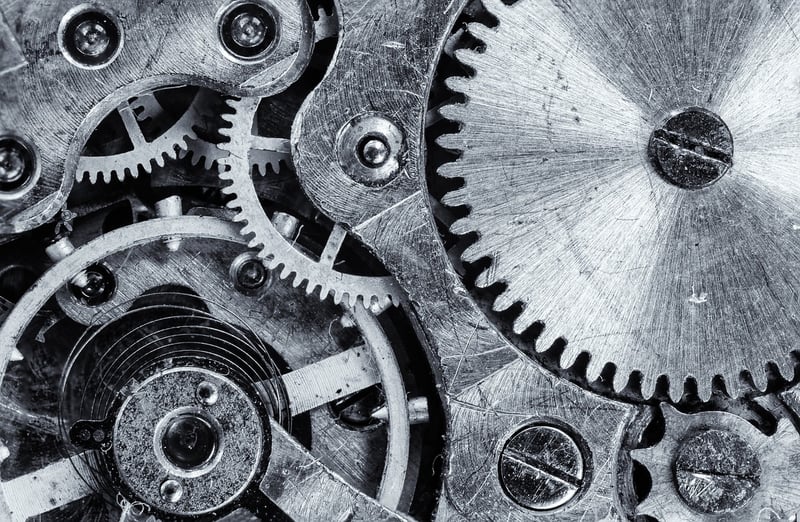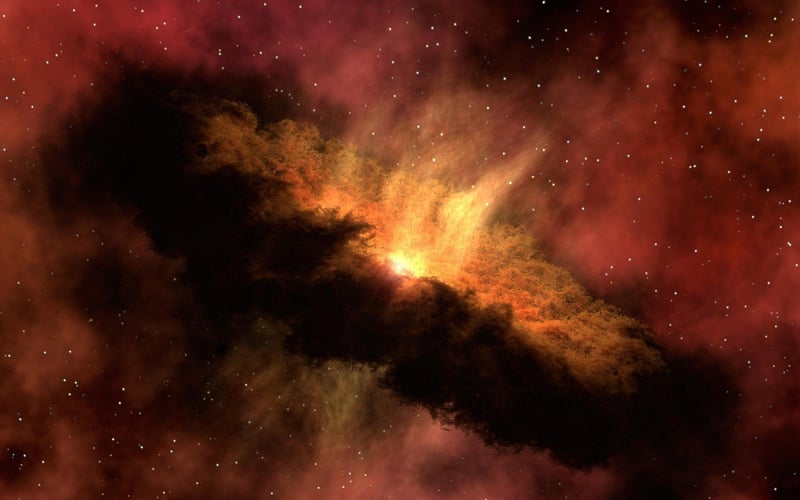Causality Loops
Exploring Temporal Theory and Causality Loops
Time travel, causality loops, and temporal paradoxes have long captured the imagination of science fiction enthusiasts, philosophers, and physicists alike.
Temporal Theory
Temporal theory deals with the nature of time, causality, and the potential for time travel. It explores questions such as the direction of time, the possibility of changing the past, and the consequences of altering the future.

One of the key concepts in temporal theory is the idea of a causal loop, also known as a bootstrap paradox or ontological paradox.
Causality Loops
A causality loop occurs when an event is its own cause, creating a loop in the timeline where the cause and effect are intertwined and indistinguishable.
Imagine a scenario where a time traveler goes back in time to give their past self a crucial piece of information that enables them to invent a time machine in the future. In this loop, it is unclear which event came first – the invention of the time machine or the information that led to its creation.

Causality loops raise intriguing questions about determinism, free will, and the nature of reality. They challenge our understanding of cause and effect, suggesting that in a universe where time travel is possible, events may not follow a linear sequence as we perceive them.
While causality loops remain a theoretical concept in the realm of physics, they continue to inspire thought experiments, creative storytelling, and philosophical debates about the nature of time and existence.
Whether you're a time travel enthusiast or a curious thinker, delving into temporal theory and causality loops can offer a fascinating journey through the complexities of time and causation.
